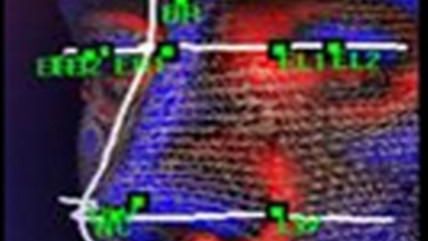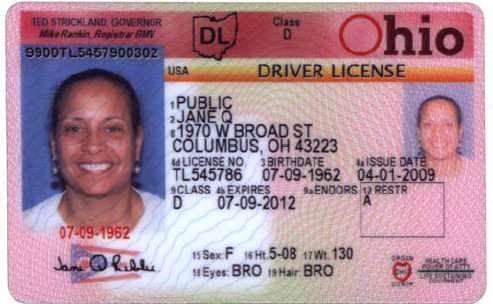30,000 Cops Can Access Ohio's Facial Recognition Database Without Oversight, Says Report


Last month came word that Ohio's sneaky Attorney General Mike DeWine had quietly integrated facial recognition software into the Ohio Law Enforcement Gateway, a state database that includes driver's license photos. Caught, the AG promised to create a commission to develop protocols for using the technology, tacitly admitting that no safeguards were in place on a system that turned every Ohio driver into a participant in a police line-up—if the system were used as intended—and a potential stalking target by any whack job with a badge. Now comes news that the ranks of potential whack jobs with access to the database are larg, indeed—larger than in any other state, at least.
Report Chrissie Thompson and Jessie Balmert for the Cincinnati Enquirer:
Ohio's new facial recognition system has fewer restrictions for its use than similar systems in any other state in the U.S., an Enquirer/Gannett Ohio investigation has found.
No other such system in the nation allows 30,000 police officers and court employees to search driver's license images, without audits or oversight.
By contrast, Kentucky allows 34 people the ability to run facial recognition searches. Twelve states don't have the technology, with Maine law forbidding its use by state agancies. Several states that do possess facial recognition technology for checking driver's licenses don't allow law enforcement to use it at all.
But Ohio has no such restrictions. "Ohio's 30,000 users include local and state police, sheriffs, civilian employees of police departments, court employees – even out-of-state and federal law enforcement agencies,."
Beyond the obvious flaws in a system that compares everybody's driver's license photo to crime-scene snapshots of iffy quality and looks for matches via technology of unknown reliability, is the very real danger of unofficial use. Government databases have a history of such abuse. Minnesota cops cyberstalked a attorney, among others, inappropriately pulling up her driver's license data 700 times. Florida police were caught hate-stalking a colleague who arrested a fellow officer. They also trawled the database for potential dates and other petty (but creepy) purposes.
At the federal level, a former IRS employee used tax records to craft millions of dollars worth of bogus returns. Other IRS agents commonly use databases to look up ex-spouses, celebrities and neighbors.
That's all in states and federal agencies that have the oversight and safeguards that Ohio hasn't yet attempted to implement.


Show Comments (6)